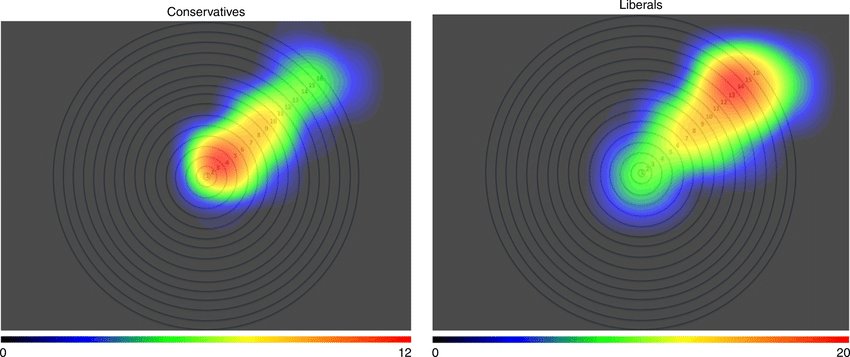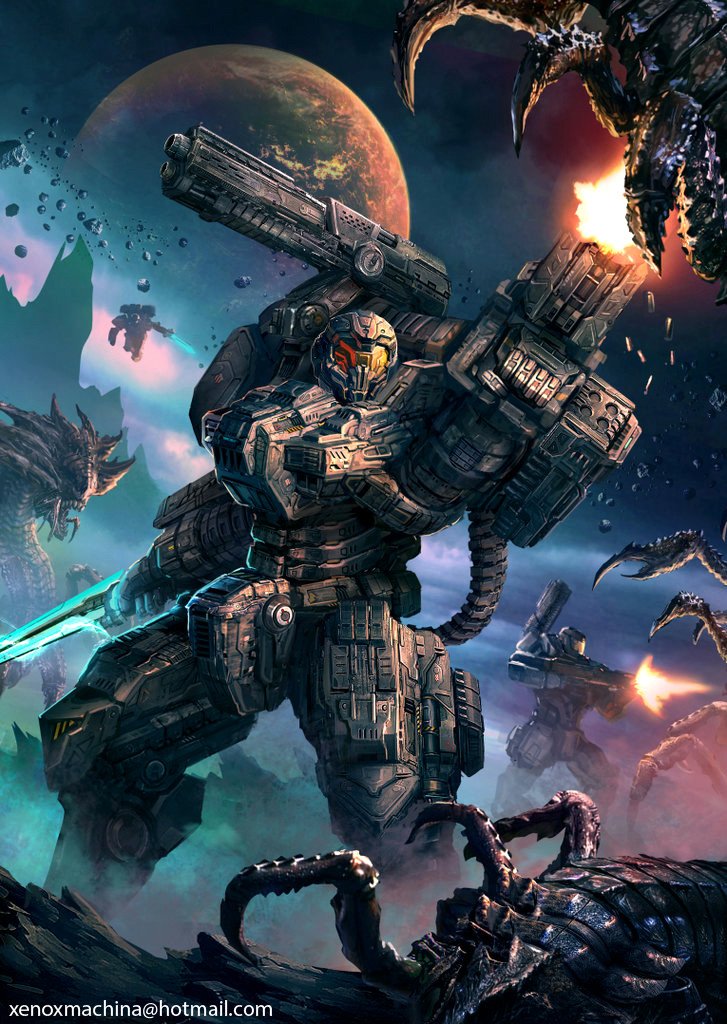This was a fun chance to write about powered armor, orbital drops, and Total Bug Death, but what Starship Troopers is really about ... is love. 
https://twitter.com/martianwyrdlord/status/1906098375201788182

The movie has an entire romantic B plot featuring Rico's infatuation with Carmen Ibanez, but this is a complete distraction.
In the book, Rico's crush is what results in his signing up, but Carmen is essentially never heard from again after that. The book almost satisfies the Master and Commander test: female characters are almost completely absent.
In the book, Rico's crush is what results in his signing up, but Carmen is essentially never heard from again after that. The book almost satisfies the Master and Commander test: female characters are almost completely absent.

One of the book's major themes - and this is not subtle - is the citizen's love for the body politic. This is no abstract thing: to become a citizen, one must demonstrate this selfless love by putting his life on the line, at the service of the state. Only after he has made this commitment does he win the right to participate in the state.
This theme of love is all through the book. You see it right in the first chapter, soldiers risking their lives to rescue a wounded comrade (who dies anyhow). There are other scenes of tenderness - helping one another get over the hump in boot camp; Sergeant Zim's harsh training of his recruits, which comes from his belief that sweat saves blood; the hanging of recruits convicted of rape, because one protects the things one loves by destroying that which threatens them.
The movie's admixture of romantic B plots serves only to debase the book's message. Part of the point was that Rico joined for the wrong reason! His character arc is discovering the RIGHT reason.
The confusion of the movie's romantic triangles - Dizzy's doomed obsession with Rico; Rico getting dumped and friendzoned by Carmen - serves as a subversive juxtaposition to the theme of the soldiers' love for the body politic. "You may lay your life on the line for the state, but the state will never love you back, it will friendzone you."
To be fair, there is truth in this - especially in a liberal state, which by its nature cannot really understand the warrior, but only use him - but it seems to miss the point, which is that without men capable of this kind of public love, a people will inevitably be destroyed. Thus, states that cultivate, honor, and reward it, will prosper at the expense of those who do.
The Terran Federation has learned this political lesson, which is why it has become the final form of human governance.
To be fair, there is truth in this - especially in a liberal state, which by its nature cannot really understand the warrior, but only use him - but it seems to miss the point, which is that without men capable of this kind of public love, a people will inevitably be destroyed. Thus, states that cultivate, honor, and reward it, will prosper at the expense of those who do.
The Terran Federation has learned this political lesson, which is why it has become the final form of human governance.
Is there some contradiction here, between the soldier's willingness to sacrifice himself for something much larger than himself, and The Graph? Does the soldier's prioritization of people over self make him a liberal?
No, it doesn't, because there is a firm outer boundary to the polity that he will certainly kill, and possibly die, to protect.
The liberal, by contrast, claims an empathic boundary that extends to the edge of creation ... and then tries to prevent any protection of Self against Other, because there is no Other.
The liberal is certainly not willing to die for this himself.
But he's happy for you to die, if it flatters his ideals. The liberal's love of Other is really hatred for Self, including all those who are like him, whom he hates in proportion to their similarity.
No, it doesn't, because there is a firm outer boundary to the polity that he will certainly kill, and possibly die, to protect.
The liberal, by contrast, claims an empathic boundary that extends to the edge of creation ... and then tries to prevent any protection of Self against Other, because there is no Other.
The liberal is certainly not willing to die for this himself.
But he's happy for you to die, if it flatters his ideals. The liberal's love of Other is really hatred for Self, including all those who are like him, whom he hates in proportion to their similarity.

This disordered love - this xenophilia which curdles, of necessity, into oikophobia - is why the liberal bugman always takes the side of the bug.
And it is why the Terran Federation doesn't allow liberal bugmen to vote.
And it is why the Terran Federation doesn't allow liberal bugmen to vote.

@threadreaderapp unroll
• • •
Missing some Tweet in this thread? You can try to
force a refresh




















